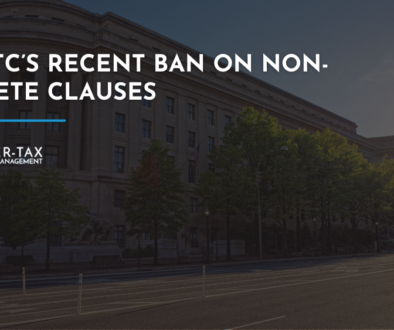The Business Owner’s Guide to Social Security: Planning for Your Future
Yes, even if you are a business owner or self-employed, you can receive Social Security benefits as long as you have been paying Social Security tax each year. The Social Security Administration defines you as self-employed if you operate a business, trade, or profession by yourself or as a partner. Here is a business owner’s guide to social security and planning for your future.
Earnings get taxed for Social Security up to $168,000 in 2024
If you work for an employer, both you and your employer pay a 7.65% tax for Social Security and Medicare tax up to $168,000 of your earnings. Of the 7.65%, 1.45% goes toward Medicare. Higher earners may be required to pay an additional 0.9%.
If you are self-employed, you pay both the employee and employer amounts, 12.4% Social Security tax, and a 2.9% Medicare tax, amounting to a total of 15.3%. These taxes are also known as the Federal Insurance Contributions Act (FICA).
Determining the context of your retirement for the Internal Revenue Service (IRS)
The Social Security Administration will want to know if you are retiring entirely or if you plan to continue working. If you are of retirement age or older, you can receive your Social Security benefits whether or not you retire from your business. You are allowed to get Social Security retirement or survivor benefits and work at the same. The catch is if you are younger than full retirement, there are income limits, and if you are above them, your benefits may be reduced.
If you are a lower earner
A lower earner may be allowed to continue working and receive their full Social Security benefit and not be subject to a penalty.
Earnings test threshold in the year you reach full retirement age
If you reach normal retirement age in 2024, the annual exempt amount has increased to $59,520 for the months you hit full retirement age, up from $56,520. When you reach retirement age, $1 in benefits gets withheld for every $3 above the limit.
If you reach normal retirement age after 2024, the annual exempt amount is $22,320. In this case, $1 in benefits is withheld for every $2 of earnings in excess of the lower amount.
Beneficiaries could have 85% of their benefit income taxed
Contrary to popular belief, Social Security benefit income may get taxed. If you are an individual tax filer earning between $25,000 and $34,000 or married and filing jointly earning between $32,000 and $44,000, you could be subject to tax up to 50% of your benefits. If you are an individual filer and your income exceeds $34,000 or married with an income in excess of $44,000, you may pay taxes on up to 85% of your benefits.
Groups exempt from paying Social Security and ineligible for benefits:
Generally, most American workers are automatically enrolled to pay into Social Security; therefore, in time, they will be able to receive them. Some groups are exempt from paying Social Security taxes but can’t receive them either. Here are a few groups that meet the eligibility to be exempt:
- Temporary student exemption
- Employees of foreign governments
- Nonresident aliens
- Specified recognized religious groups
Consult a financial professional
Social Security and tax rules change often, and they can be complicated. When applying these rules to your financial situation, your decisions may impact you and your business goals in various ways without even realizing it. Consider consulting a financial professional who can work with you as you strive toward aligning your financial decisions with your strategy and long-term business goals.
Important Disclosures:
Content in this material is for educational and general information only and not intended to provide specific advice or recommendations for any individual.
This information is not intended to be a substitute for specific individualized tax advice. We suggest that you discuss your specific tax issues with a qualified tax advisor.
All information is believed to be from reliable sources; however, LPL Financial makes no representation as to its completeness or accuracy.
Sources:
Social Security may affect workers in 2024. 3 rules to keep in mind (cnbc.com)
How Social Security Works for Business Owners – Due
Who Is Exempt From Paying Into Social Security? (investopedia.com)
This article was prepared by LPL Marketing Solutions
LPL Tracking # 541156




